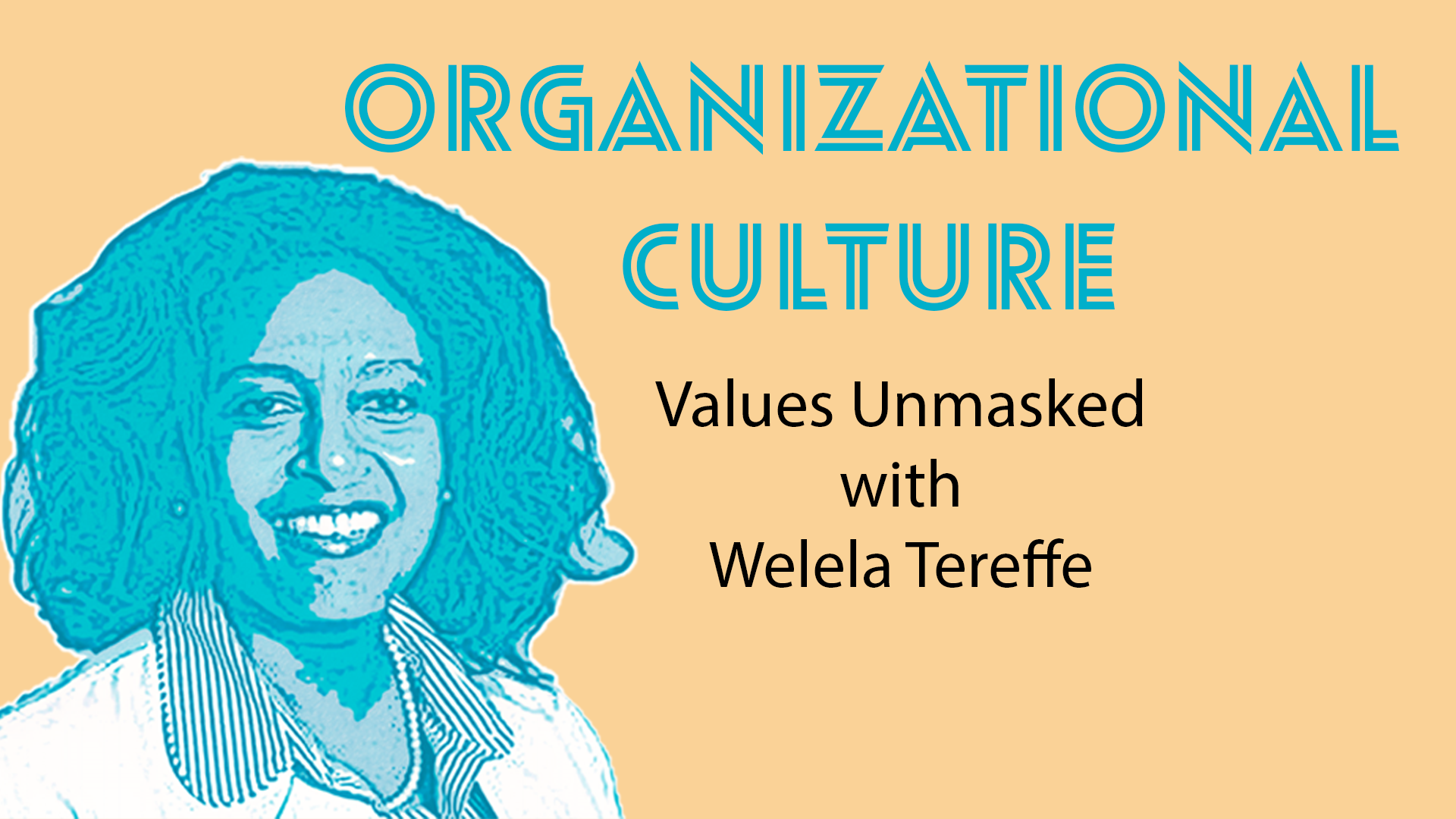How can managers best impact company culture? We talk with a big cheese for answers.
Show Notes
In this episode of Management Muse, we’re joined by Welela Tereffe, the Chief Medical Executive at the MD Anderson Cancer Center in Houston, Texas. Welela talks about strengthening culture in a large organization and what a healthy work culture looks like. Welela also shares how the pandemic taught her the importance of narrative in bringing together people and improving work culture.
Finally, Welela shares how COVID caused people to reprioritize their life’s goals and strengthen their gratitude practices. Welela explains that by openly and consistently communicating with employees in times of uncertainty, you build trust and strengthen an organization’s culture.
Episode Highlights:
- Systems and processes sometimes erect unnecessary obstacles for employees.
- In times of uncertainty, managerial support is more important than ever.
- There’s immense cultural power in story and narrative.
- An intentional gratitude practice confers many benefits.
- Allow employees to correct from mistakes and well-intentioned errors.
Timestamps:
[1:41] How to impact the culture in a large organization. [2:20] The challenges to instilling a good culture in an organization.
[3:33] The four pillars of MD Anderson’s mission.[5:05] The most surprising thing Welela learned about culture as a leader.[12:23] The benefits of verbalizing gratitude to one another in an organization.
[14:42] The stigma around receiving mental health care, and how it could be overcome.
[15:47] Anderson Cancer Center’s ‘Code Lavender’ and ‘Code Blue’ for managing the mental health of teams.
[20:43] Why masking and hand sanitization work against most viral infections.
[23:30] Conflicts at MD Anderson Cancer Center, and how they deal with them even in a virtual setting.
[25:20] How MD Anderson puts patients first.
[28:41] What does it mean to go the extra mile for patients and employees? Welela talks about MD Anderson’s initiatives for employees and patients during the pandemic.
[33:16] MD Anderson’s two-part wellness strategy: address all problems, make sure people feel cared for.
[35:48] It takes more than four positive interactions to counteract a negative one—the impact of negativity bias.
[39:18] Assume good intent; the vast majority of the people want to learn if they’re missing the mark at work.
[42:36] Welela explains why, after the COVID pandemic, MD Anderson’s employee engagement scores shot up.
[44:55] Ramping up employee care and well-being at MD Anderson Cancer Center.[46:18] Key points we’ve learned from Welela today.
Episode Quotes from Welela Tereffe:
“I think the first thing is to recognize that culture drives everything else, so you have to be thinking about it, talking about it, and moving it forward. You’ve heard the saying that culture eats strategy for lunch. It eats everything else for breakfast: employee engagement in hospitals, and patient experience. And so much of how we feel about going to work every day is a reflection of our shared norms and behaviors and our sense of engagement on a mission. And that’s all about culture.”
“I think what’s been surprising for me is to realize the power of narrative. You would think that would be well understood. But quite honestly, as a young faculty member rising in the organization, I almost took it for granted that everybody understood and could articulate and connect to our mission, and I didn’t always see how important it was that we connect through narrative with one another.”
“The vast majority of people want to move in the direction of being good people doing good things. We hope that we’re creating an environment where everybody feels like we can have those conversations, but that environment doesn’t happen overnight. It starts by us building that muscle one conversation at a time.”
About Welela Tereffe:
Welela Tereffe, M.D., is the Chief Medical Executive at M.D. Anderson Cancer Center in Houston, Texas. She’s a graduate of Brown University, New York University Medical School, and Harvard University. Her medical specialization is in radiation oncology.
Episode Resources:
https://culsure.com/coaching/
https://ondemandleadership.com/strategic-planning/
KW: organizational culture, organizational growth, work culture, company culture, employee culture, gratitude practice, large organization, employee management, working atmosphere


